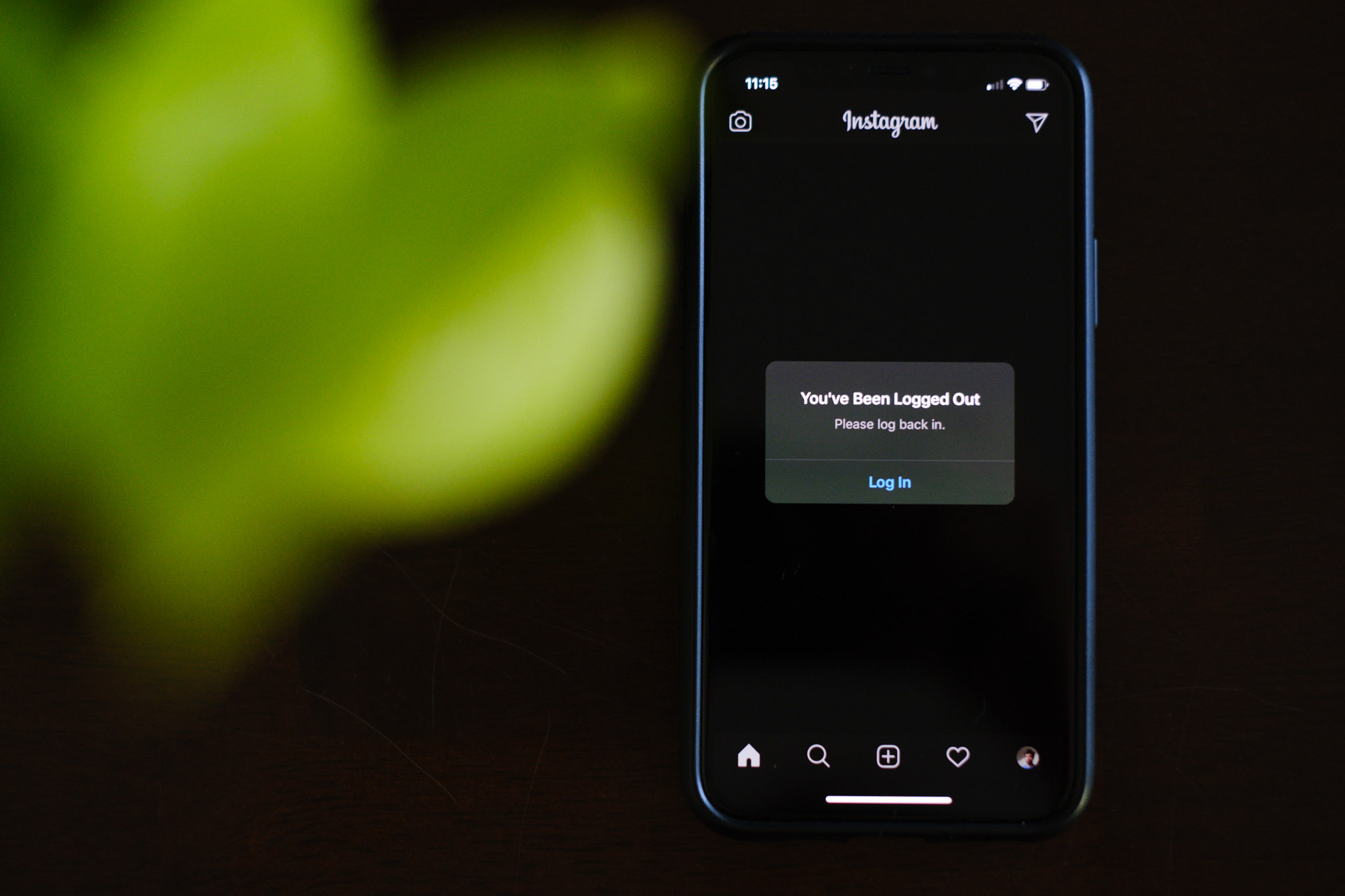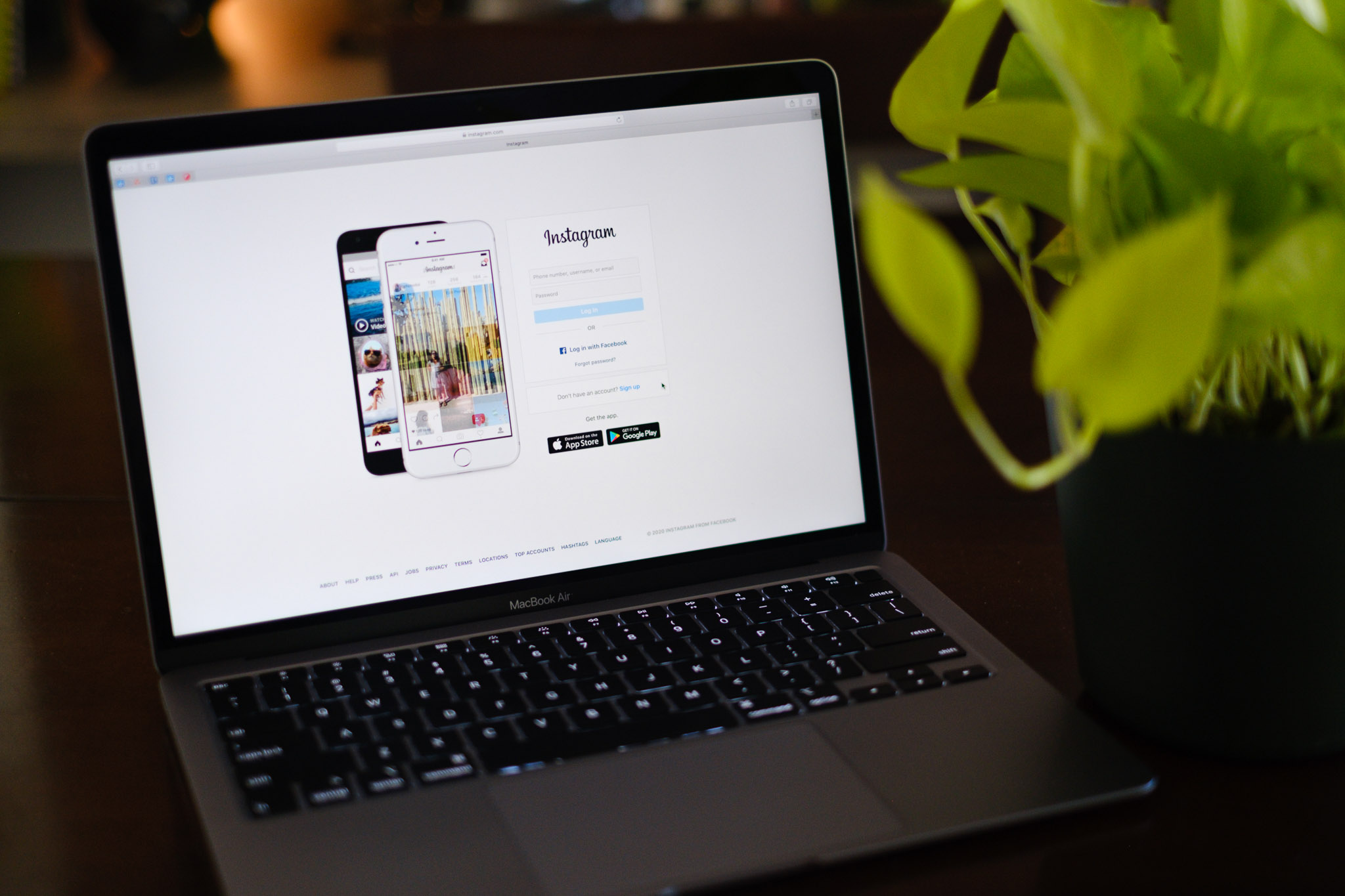I deleted Instagram for a weekend. A week later, I might quit for good
As a photographer, Instagram seems to be essential, not because it’s the best platform for showcasing photography — it’s absolutely not — but because it’s where the audience is. It feels like step one to legitimizing your businesses, even more important than a website. Many photographers have found success there, but that’s never been the case for me. The 930-or-so followers I’ve collected in 8 years is, objectively, pathetic — and I’m starting to wonder if I really need to be on Instagram at all.
So I’m taking a break. I deactivated my Instagram account last Saturday, planning to turn it back on after the weekend. Instead, it has stayed off for a week, and with each passing day, the desire to reactivate it wanes a bit more, like an addict’s body slowly relaxing its dependence on an external stimulant.
I thought Instagram would be the last social media I could give up, that hitting the kill switch would be much more difficult than it was with Facebook (which I’ve happily been free of for 2 years). Now, I’m realizing that letting go of Instagram may be just what I needed to find more productive avenues to promote my work, rather than trying to shoehorn myself into a mold created by expectations I know I cannot meet.

Popularity vs. community
I’ve often said that I love the “media” component of social media, but hate the “social” component. It was partly a tongue-in-cheek call for the return to a traditional publisher/audience model, but also an admission that I don’t much particularly like interacting with people beyond a core group of friends. Too often with social media, the tools meant to foster community seem to only deepen divides (the term “echo chamber” has grown so ubiquitous it’s almost a cliché).
Success on social media is defined by popularity, a concept I proudly eschewed in high school, yet now, as an adult, feel is something I need to achieve. A large following would reaffirm both my personal and professional worth.
That’s really stupid.
I miss how the Internet worked circa 2006, when I was in college and all my friends had their own individual blogs. We self-published our dreams, fears, successes, and failures. We wrote openly about love and heartbreak, technology and politics, recaps of weekend adventures, or who our celebrity crushes were. From poetry to personal essays, we felt free to express ourselves, each in our own unique way. It was often silly and juvenile, but it was real. And we all read each other’s work.
But, importantly, the size of our group was small. We were a dozen at most, but we were engaged. We were a community.
Now, even a “small” Instagram account has several hundred followers, only a fraction of them engaged. I, myself, follow over 1,500 other accounts, but probably interact with less than 20 on a regular basis. Some are part of a professional network of photographers and models and others are IRL friends I want to keep up with. But many are, for lack of a better word, forgotten friends, or mere acquaintances whose content I don’t notice or particularly like — but I worry that unfollowing them would be seen as cruel. I also follow several local businesses just to be able to check their hours and COVID-19 alerts. Add in the fact that 20% of Instagram content is ads, and most of what I’m spending my time looking at is noise. It’s a mess.

Instagram lost focus
Instagram will turn 10 this year, if you can believe it. The platform is a far cry from what it was a decade ago. Like virtually every other social media service that’s more than a couple years old, it has changed dramatically to become mainstream and reach more users.
There are many decisions throughout Instagram’s history — algorithmic sorting, business accounts, even the move to Android — that you could point to as contributing to its current state. All of these things, and more, sought to increase the size of the user base and change how users interact with each other. But with each growth spurt, a new crack appeared in the community. Today, Instagram is bloated and confused; it no longer knows what it is.
I’m not saying Instagram should have remained an iOS-exclusive bucket for lo-fi digital image vomit, but it’s grown so much that I’m no longer sure how I’m supposed to use it. Is it a portfolio for artists and photographers? A stage for celebrities and influencers to reach their fans? A way for businesses to break into new markets with targeted ads? A platform for activists to start conversations and seek out supporters? Dank memes?
Instagram, once narrowly tailored for a particular type of content, has become yet another social media catch-all. And it’s not even a good catch-all, the way Facebook is (even though I also hate Facebook for the same thing). Most of us — those with fewer than 10,000 followers — can’t even share links, except for one at a time via our profile URL. Many accounts have turned into repost accounts of other social media platforms, sharing screenshots of tweets or Facebook posts.
Instagram has failed to maintain its focus on imagery, but also hasn’t embraced other types of content. The limitations it imposes, including a desktop experience that feels like a bad video game port, are grounded in its history as cameraphone picture-sharing service, and make it a pretty terrible platform for sharing news or other text-based content. (Frustratingly, deleting your Instagram account is the one thing you can’t do from within the app, but can from desktop.)
I applaud everyone who has kept up the good fight and shared story after story in support of the #blacklivesmatter movement, but I also prefer to not get my news in reactionary, bite-size chunks. I don’t have feed fatigue so much as I have a fear that if I’m not re-sharing enough of that content, it means people won’t think I care (I do). And when I do share something, and someone slides into my DMs to express their disagreement (or their ignorance), it kills my vibe for days. I am extremely averse to conflict — which, yes, is something I need to work on — and it makes me think I’m not cut out for the current state of most social media.
How Instagram is today is simply not how I want to operate. I don’t enjoy the numbers game, I’d rather research than re-share, and I’d prefer to put quality over quantity. In other words, I am slow. And if taking a week off has taught me anything, it’s that my personality is antithetical to the Instagram experience. So why bother?
I’ll (probably) be back
One friend did reach out to me via text message after noticing I had vanished from Instagram. It was a good reminder that social media, which so often feels fake, is in fact built on real relationships. There are friends — not many, but a few — whom I know solely because of Instagram, or whom I talk to exclusively through it. I don’t want to lose that connection.
But as a photographer, I’ve realized Instagram is far less valuable to me than I thought it was. In fact, as I’ve started spending more time on LinkedIn, I’ve found it has generated much more engagement and sent more traffic to my website than has Instagram, despite the fact that I have far fewer connections there. It’s a focused platform, and that makes it easier to cater content for it.
To be fair, LinkedIn also doesn’t feel personal or communal. I despise all the self-promotion, and don’t for a second believe that so many people are “passionate” about their boring office jobs. (Aside: I wish it were OK to say, “Hey, I won’t super enjoy this, but I’ll still do it well, and I deserve a decent job even if I’m not passionate about it.”) But LinkedIn is functional. It serves a purpose, and it’s the same narrowly-defined purpose it served at its inception. I know exactly what it is, who it’s for, and how to use it.
That’s exactly how I used to feel about Instagram.
If I reactivate my account, I think it will be in a reduced capacity. I don’t think I’ll use it on a daily basis, nor to try to generate jobs (which never worked for me, anyway). But there is a spark of community that still shines there, and so long as it does, maybe that’s enough.

Sad face. I noticed you were gone from there! I missed seeing your amazing photography…and insightful text. I am old fashioned too, I really love a good blog!
Well thanks for stopping by! I can’t believe it’s been a month since I left Instagram. I’m trying to be more active here, but real life gets in the way too frequently.